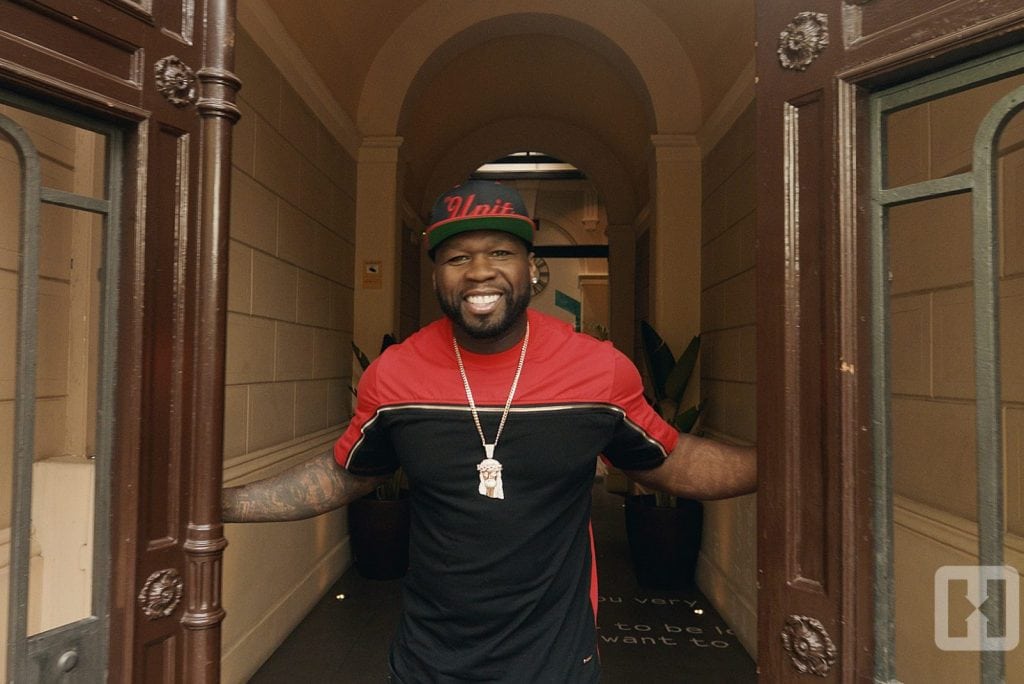Skift Take
Increasing higher-margin bookings and focusing on growing your strongest brand seems a sensible approach when you are competing in a crowded market.
Big acquisitions can continue to have an effect on a business long after any deal is closed.
Back in 2013 Hostelworld Group splashed out $70.7 million (€62.7 million) on its main rival Hostelbookers, bringing together two of the biggest budget accommodation bookings platforms.
While the purchase was a transformative one for Hostelworld Group, adding 1.8 million extra bookings, it appears the time has come to sideline its former rival.
Over the past year the number of bookings made through its Hostelworld portal have increased from just over 70 percent to 85 percent. And during the six months to the end of June bookings at subsidiary brands, which include the aforementioned Hostelbookers, collapsed by 51 percent.
The reason for the dramatic change seems to be a decision to run these subsidiary brands for margin rather than volume, which in turn has led to a fall-off in bookings and revenue. The growing Hostelworld brand hasn’t as yet been able to recover the shortfall with total booking volumes falling by 4 percent. Group net revenue also suffered, falling by 9 percent to $45 million (€40.2 million).
A spokesperson told Skift: “While our main focus is the Hostelworld brand the supporting brands remain important members of the Hostelworld family.”
The problems on the Hostelbookers side of the business have also resulted in the company recording an impairment charge of $9.3 million (€8.2 million) because the bookings and revenue from Hostelbookers are set to be “less than previously projected.”
This follows an impairment charge of $57.2 million (€50.7 million) in 2014 relating to intangible assets – goodwill, domain names and technology – from the acquisition.
On the surface things don’t look too good.
In the first half of the current financial year the group made a loss of $5.3 million (€4.7 million), down from $16.6 million (€14.8 million) in the prior period. The group did make a profit of $94.6 million (€84.5 million) in its last full financial year, but this was largely on the back of a $116.4 million (€104 million) write-off of a shareholder loan.
In the years 2012, 2013 and 2014 the company made losses of $18 million (€16.1 million), $32.9 million (€29.4 million) and $80.8 million (€72.2 million) respectively.
But despite the lengthy amount of time spent in the red, the company remains attractive to investors.
Analysts at Investec forecast that the company will make a small statutory loss before tax in its current financial year before moving into profit in 2017.
When it floated on the London and Irish stock exchanges back in October its shares were priced at $2.43 (£1.85). It hit a hit a high of $3.99 (£3.04) in April but is currently trading at $2.49 (£1.90).
“In our view, the hostel segment continues to offer attractive growth opportunities and Hostelworld, with the ‘drag’ of the supporting brands reduced is well placed to benefit,” analysts at Numis said.
By stripping out non-cash charges the company reported an adjusted profit after taxation of $8.6 million (€7.7 million), down from $9.8 million (€8.8 million) in the prior year.
The amount of cash the business generates means it can afford to pay-out a $5.1 million (€4.6 million) dividend to shareholders.
With the advent of companies such as Airbnb and HomeAway it may seem strange to highlight the growth potential of something as old-fashioned as hostels but as CEO Feargal Mooney told Skift earlier this year, they offer something other types of accommodation cannot.
“The hostel experience is not just about a cheap place to stay. It’s very much about the social aspects of the hostel stay. People, when they’re staying in hostels, they go there specifically to interact with other international travelers, and our customer base, over half of our customers, are traveling solo. What that means is they really want that social engagement you only find in a hostel, and by being focused on that, I think that’s what makes us unique,” he said.
The Daily Newsletter
Our daily coverage of the global travel industry. Written by editors and analysts from across Skift’s brands.
Have a confidential tip for Skift? Get in touch
Tags: hostels, hostelworld
Photo credit: Rapper 50 Cent fronted an advertising campaign for Hostelworld earlier this year. The company is focussing more of its attention on its main brand. Hostelworld
